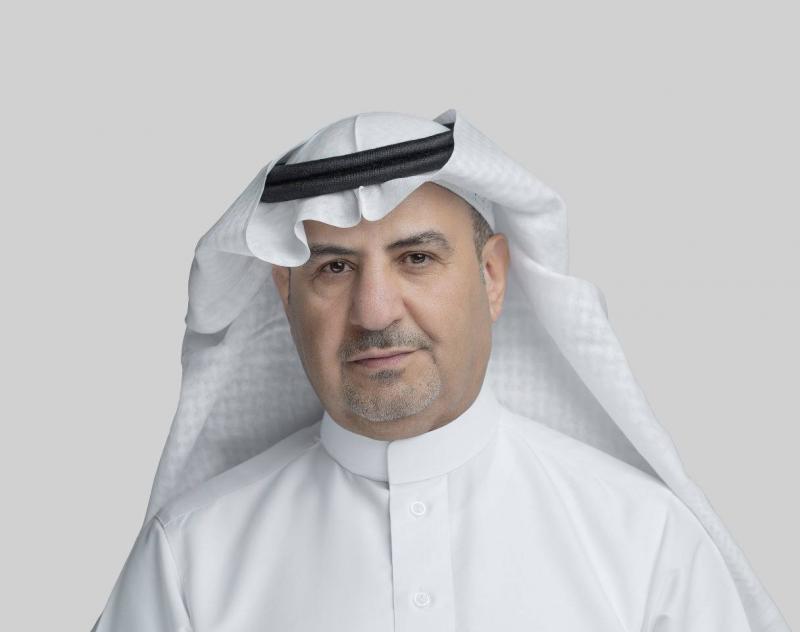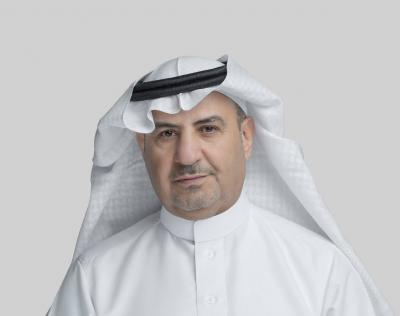Saudi Deputy Minister of Industry and Mineral Resources, Khalid bin Saleh Al-Mudaifer, announced that the Kingdom is studying the possibility of launching a new platform for trading materials used in battery production, including graphite and rare earth elements. Riyadh's efforts to build a less oil-dependent economy involve shifting towards the extraction of the country’s untapped mineral resources, valued at approximately $1.33 trillion. These resources include copper, lithium, phosphate, and gold, as well as investment in overseas assets.
Al-Mudaifer stated, "To be a minerals hub, you must own everything, and we are examining the establishment of a futures exchange for mineral commodities such as graphite, rare earth elements, lithium, cobalt, and even nickel, as there is no effective commodity exchange or pricing verification mechanism for some." He added that the Kingdom has been looking into creating the trading platform for the past three months and does not expect to make a decision before six months.
"We do not yet know how successful that could be... because the quantities are small, and the specifications are different; it is not as easy as aluminum or crude oil," Al-Mudaifer noted. Currently, there are no exchanges offering contracts for graphite or rare earth elements, both of which are crucial for electric vehicles and energy transformation. Lithium and cobalt are traded on the London Metal Exchange and the Chicago Mercantile Exchange.
Al-Mudaifer mentioned, "We are working with a number of advisors and also with people who trade in raw commodities." The Saudi Investment Fund (Minerals Lighthouse), a joint venture between the state-owned mining company Ma'aden and the Saudi Public Investment Fund, was established in January to acquire assets abroad, with a focus on copper, nickel, iron ore, and lithium.




